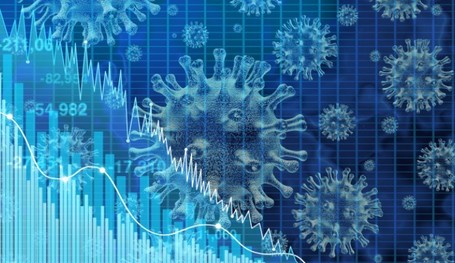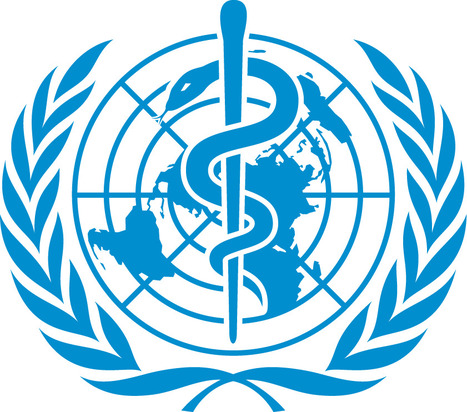Could COVID-19 Help Refine AI, Data Analytics in Healthcare? #esante #hcsmeufr #digitalhealth #Coronavirus #covid-19 #COVID19FR #coronavirusfrance

Data is king in the battle against Covid-19 #esante #hcsmeufr #digitalhealth #Coronavirus #covid-19 #COVID19FR #coronavirusfrance
27/04/2020
Reimagining medtech for a COVID-19 world | McKinsey #esante #hcsmeufr #digitalhealth #Coronavirus #covid-19 #COVID19FR #coronavirusfrance
27/04/2020In the months since COVID-19 has evolved from a blip on the world’s radar to a full-blown global health crisis, the virus has managed to shine a glaring light on some of healthcare’s most foundational cracks.
Gaps in care, disparate IT systems, and clinician burnout have become all the more visible in the midst of confusion and uncertainty, and stakeholders have realized that their response efforts may have to go beyond the current pandemic.
As the US continues to monitor the spread of coronavirus and the country starts to think about relaxing social distancing measures, healthcare leaders are examining their abilities to mitigate the impact of this outbreak now and going forward.
For many organizations, this will mean implementing or enhancing artificial intelligence and data analytics in healthcare.
AI and data analytics have featured largely in the healthcare industry’s line of defense against COVID-19. Researchers have leveraged these tools to do everything from tracking hospital capacity to identifying high-risk patients, and many believe that these technologies are critical to preparing for similar situations in the future.
Source: healthitanalytics.com



